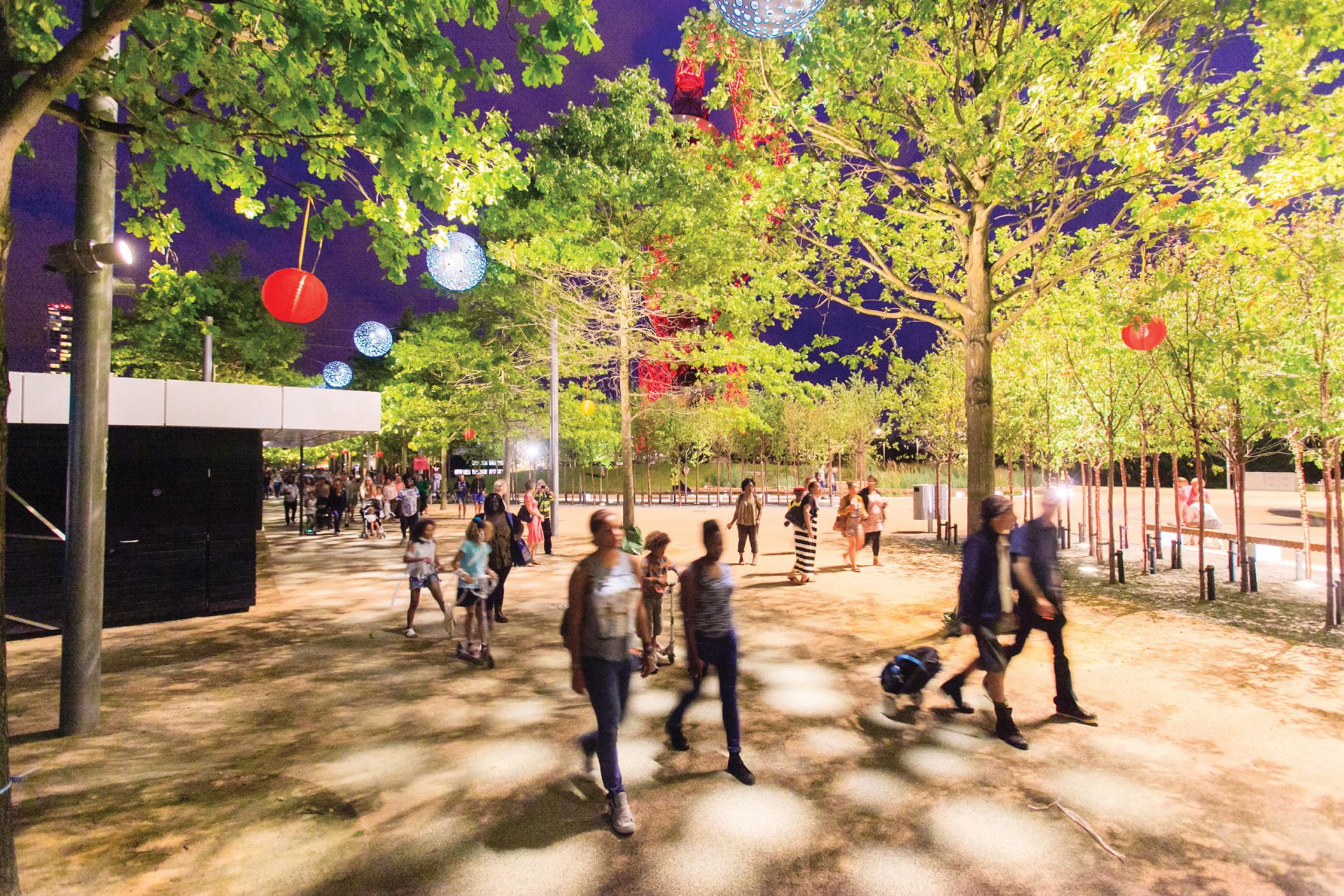
How can we Design Cities for Women?
Thu 16 June 2022
10:00 -11:45
The recent focus and increased media coverage on the issue of violence against women and girls in public spaces, which followed the tragic murders of Sara Everard and Sabina Nessa, has led to many organisations reviewing their approach to safety; explicitly recognising the threats and challenges faced by women and girls in these areas and identifying necessary interventions.
Inequality is spatially reinforced by design. Inadequately designed urban environments, historically shaped by men, can make life difficult for everyone but disproportionately affects women. Surveys have shown that many women do not feel safe when walking alone at night and adapt their behaviour and use of the city, steering clear of certain areas and avoiding being out after a certain time. That cities’ design impact on the ability of women and girls to engage in employment, education, civic and community life, as well as social and leisure activities, is unacceptable.
Built environment professionals, including urban planners, architects and developers therefore have a key responsibility in correcting this trend and making cities inclusive and safe places for everyone.
The issue of women and girl’s safety in public spaces is all encompassing, and goes well beyond the responsibility of a single profession or sector. Any approach to improving safety – and the perception of safety – of women and girls in public spaces must recognise that this is a layered and complex issue, and one that requires an integrated and coordinated approach across a range of different sectors. This webinar will hear from speakers across a wide range of sectors in order to share knowledge, discuss and debate gender inequality issues in public realm, and compare approaches and initiatives.
Speakers:
• Sara Candiracci – Associate Director, Lead Inclusive and Resilient Cities, Arup
• Kathryn Timmins – Principal Policy Officer, Regeneration, GLA
• Pablo Navarrete Hernandez - Lecturer at the Department of Landscape Architecture, University of Sheffield
• Susannah Walker - Make Space for Girls
• Sarah Hughes – Associate Director, MACE
• Anna Wendt – Partner at Buro Happold

General Info